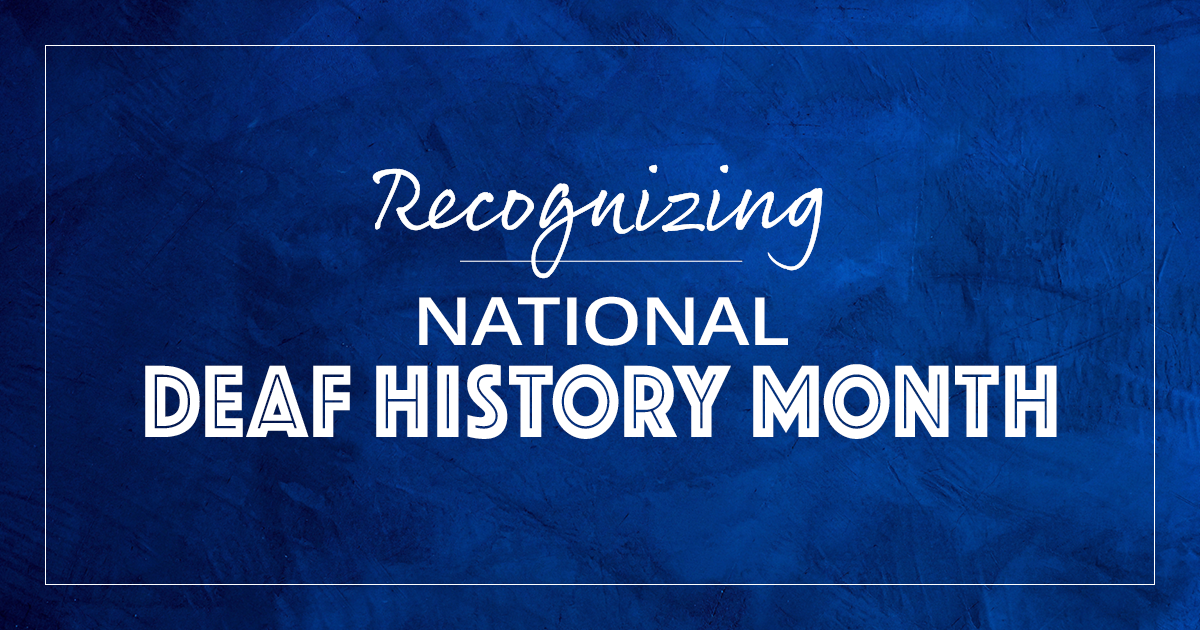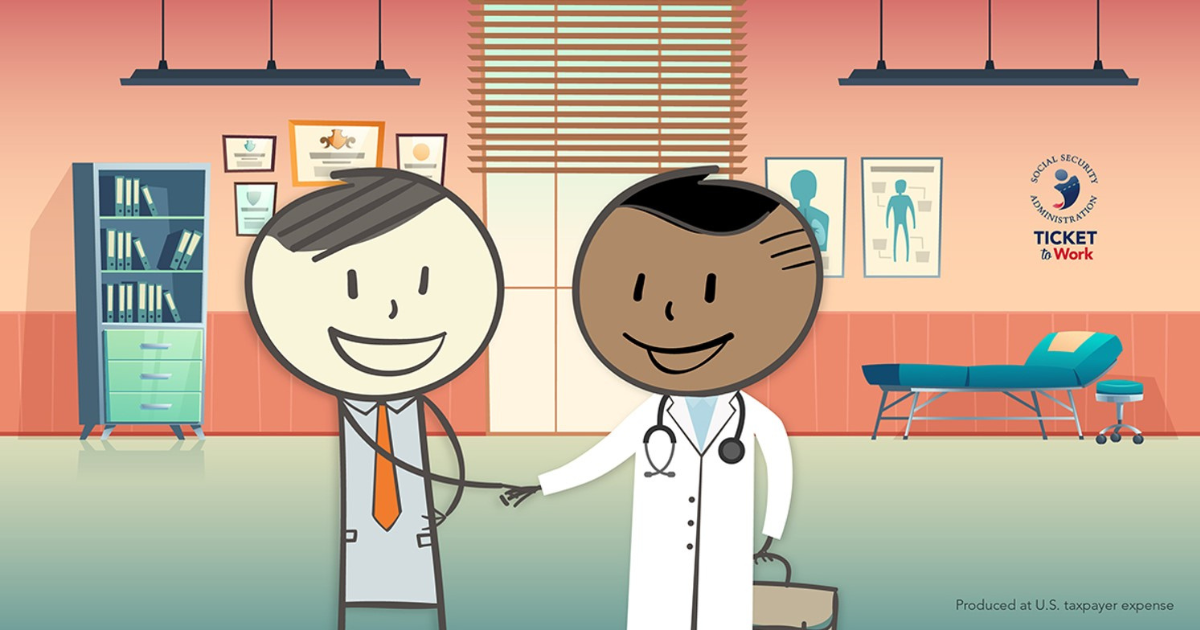Asking for Accommodations During a Job Search

To recognize National Deaf History Month, we are spotlighting Matt, one of our Ticket to Work Success Stories. For a long time, Matt’s hearing loss and other medical issues interfered with employment. But he was eager to move beyond relying on his Social Security disability benefits. Read more.

